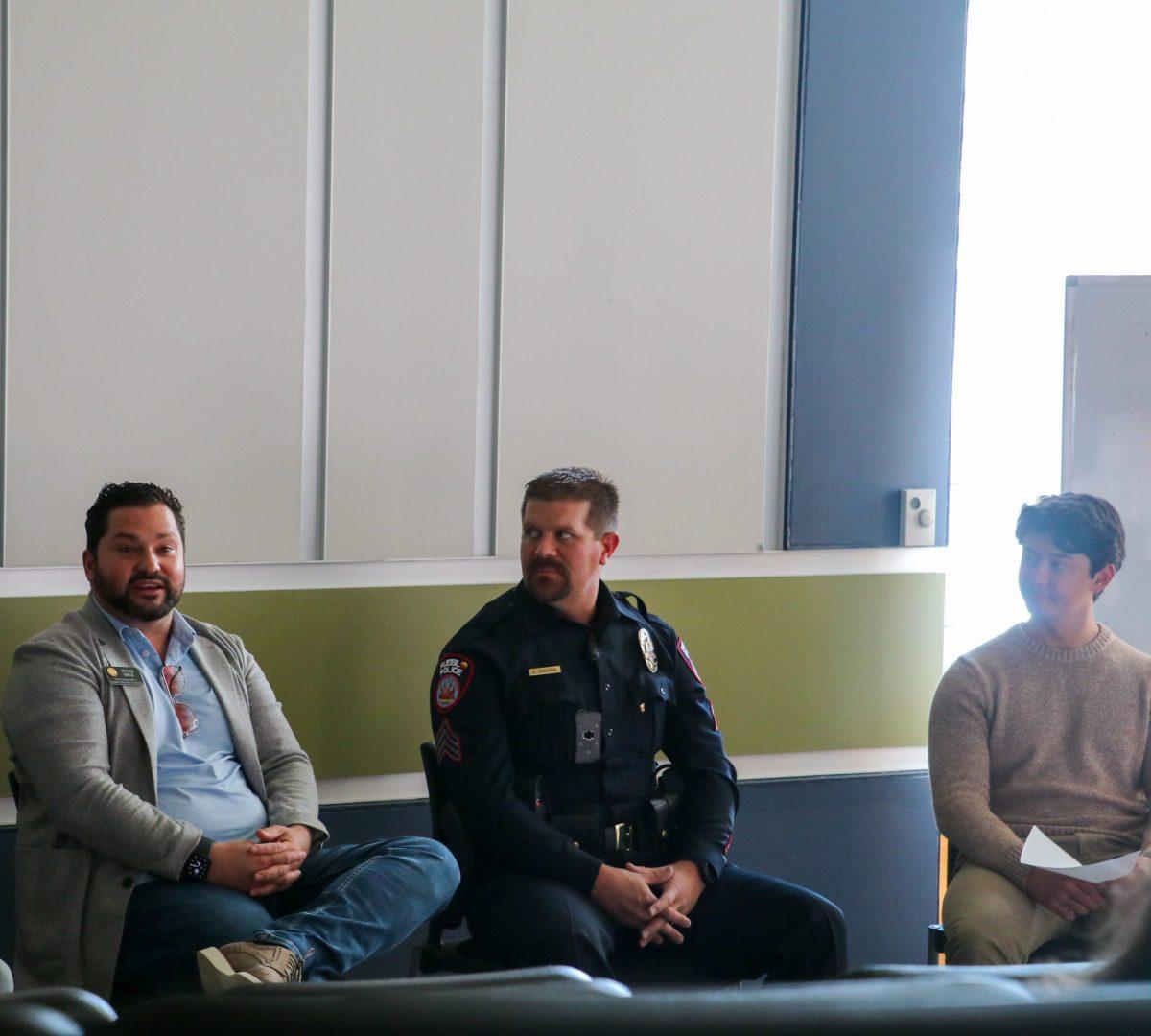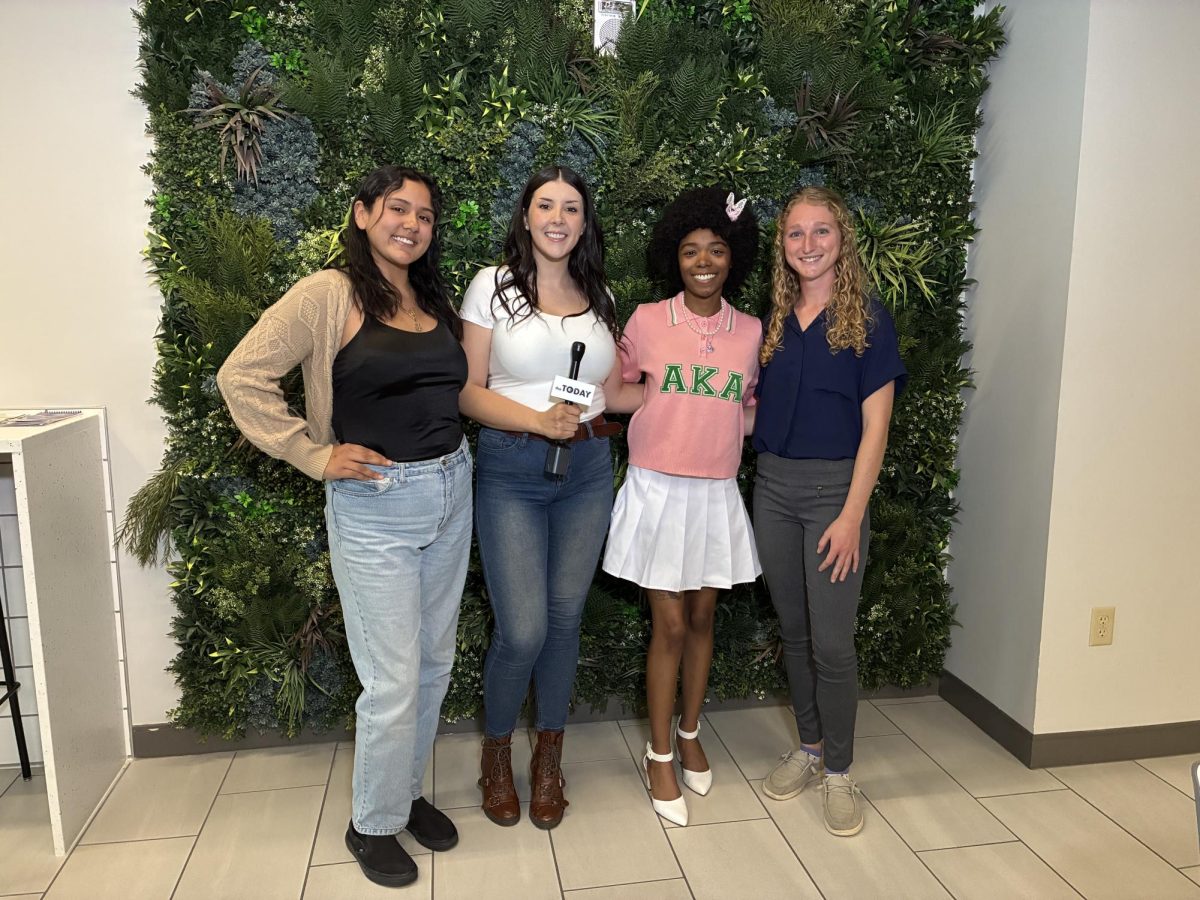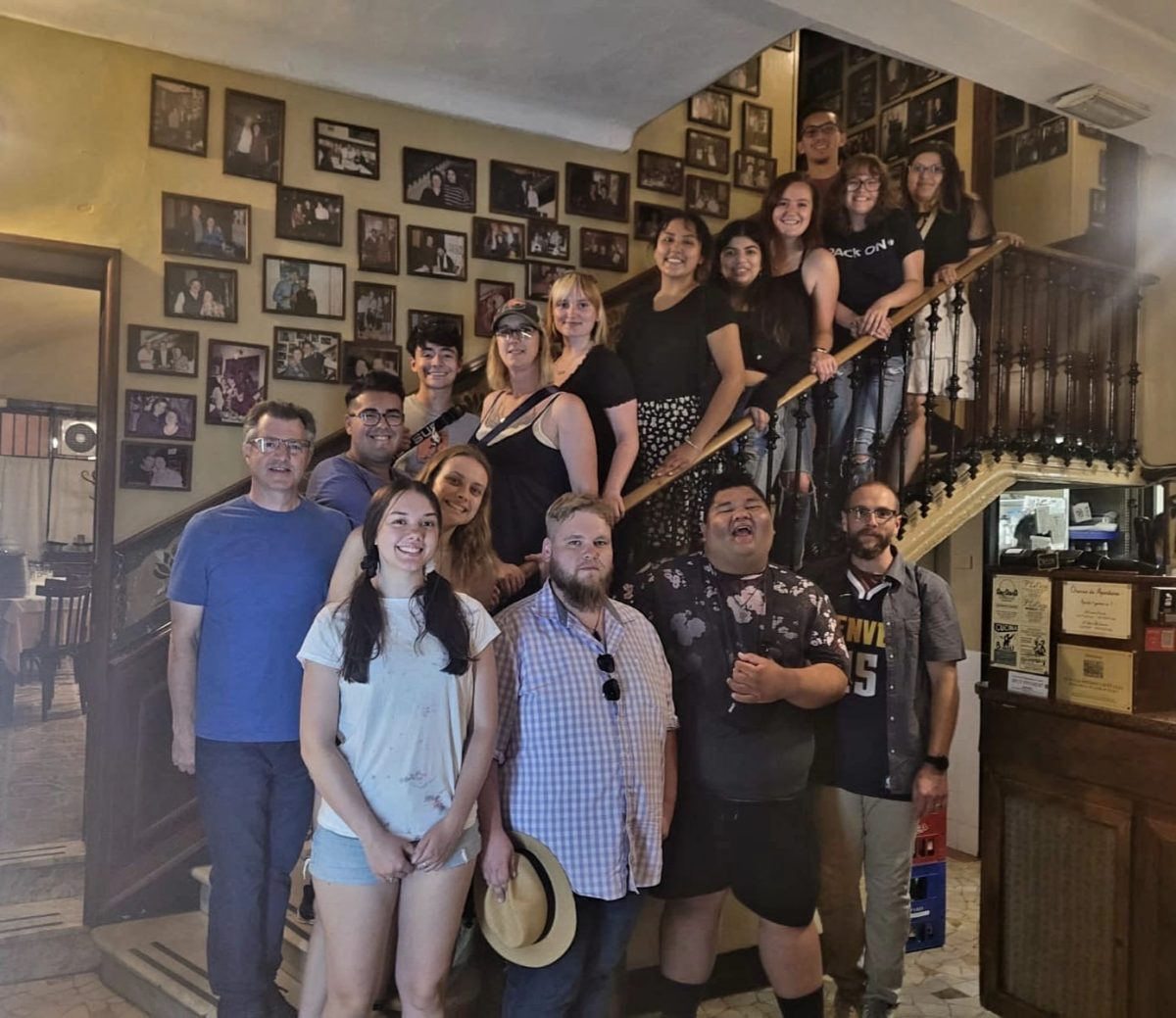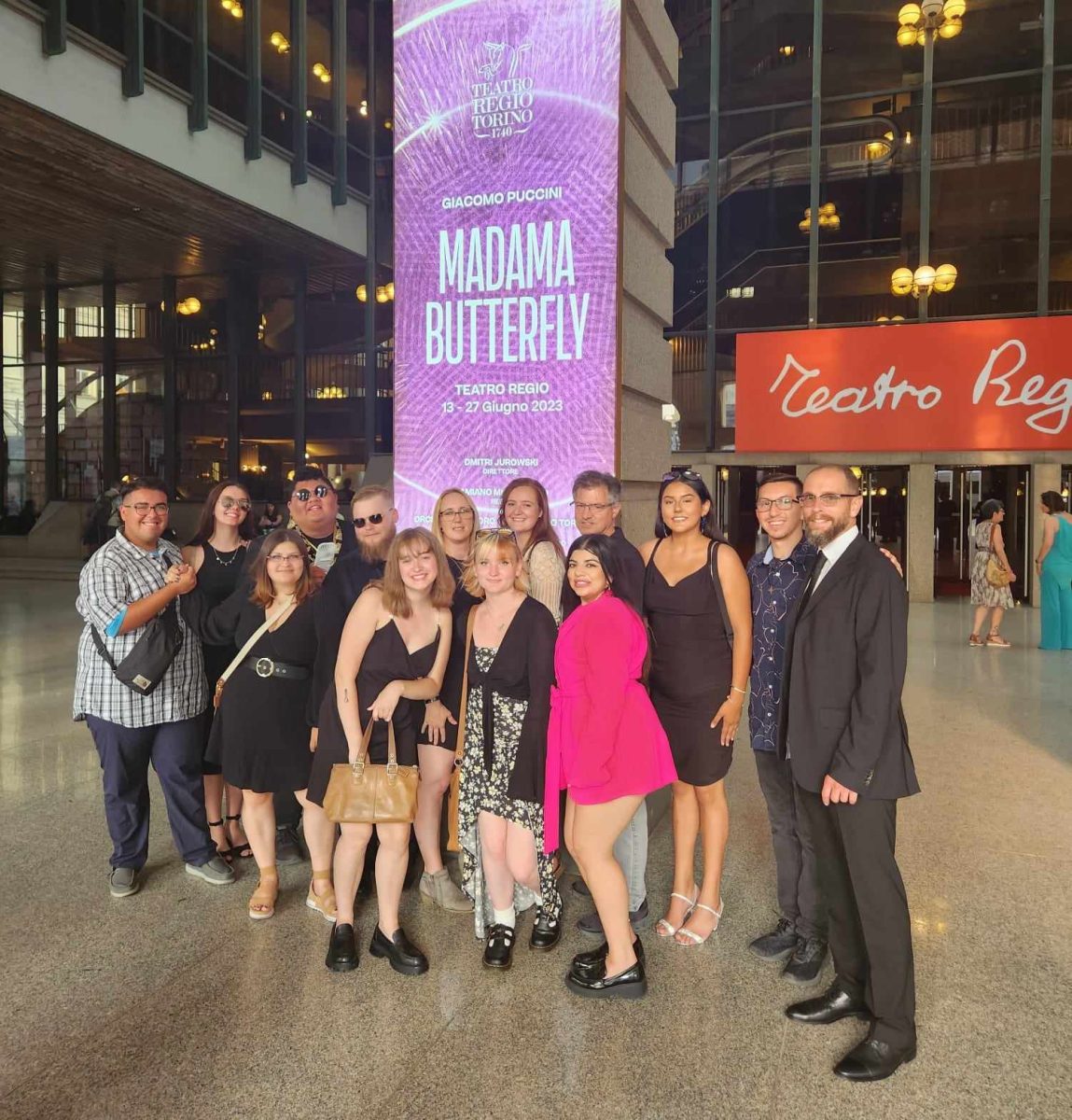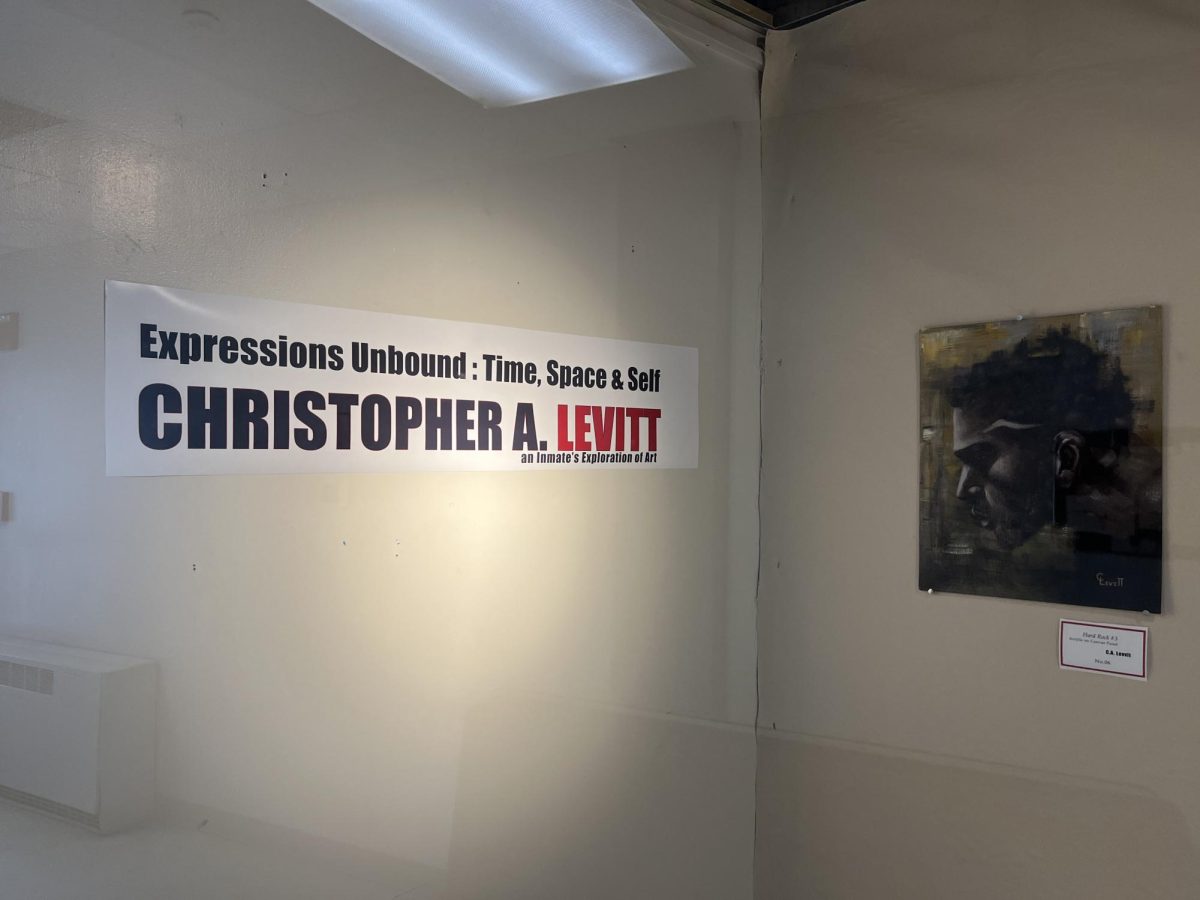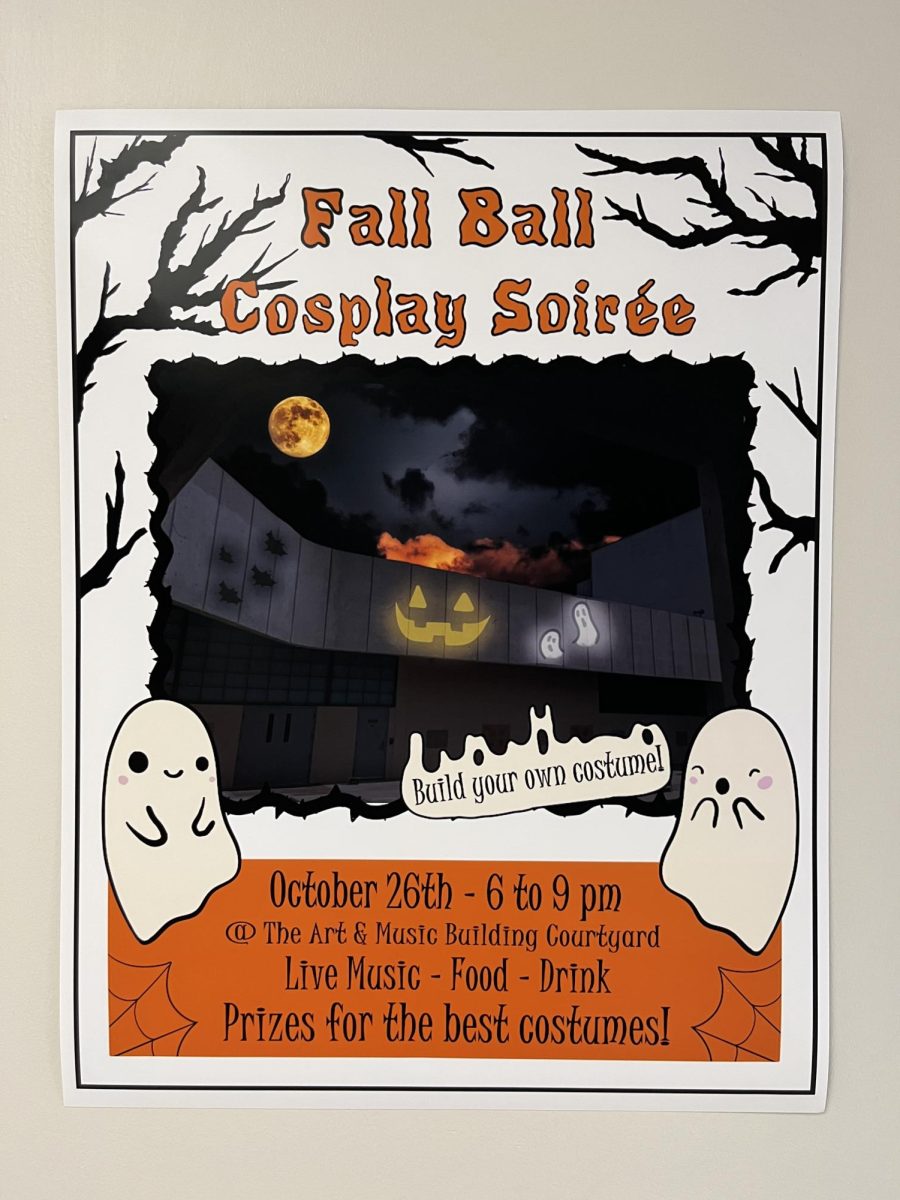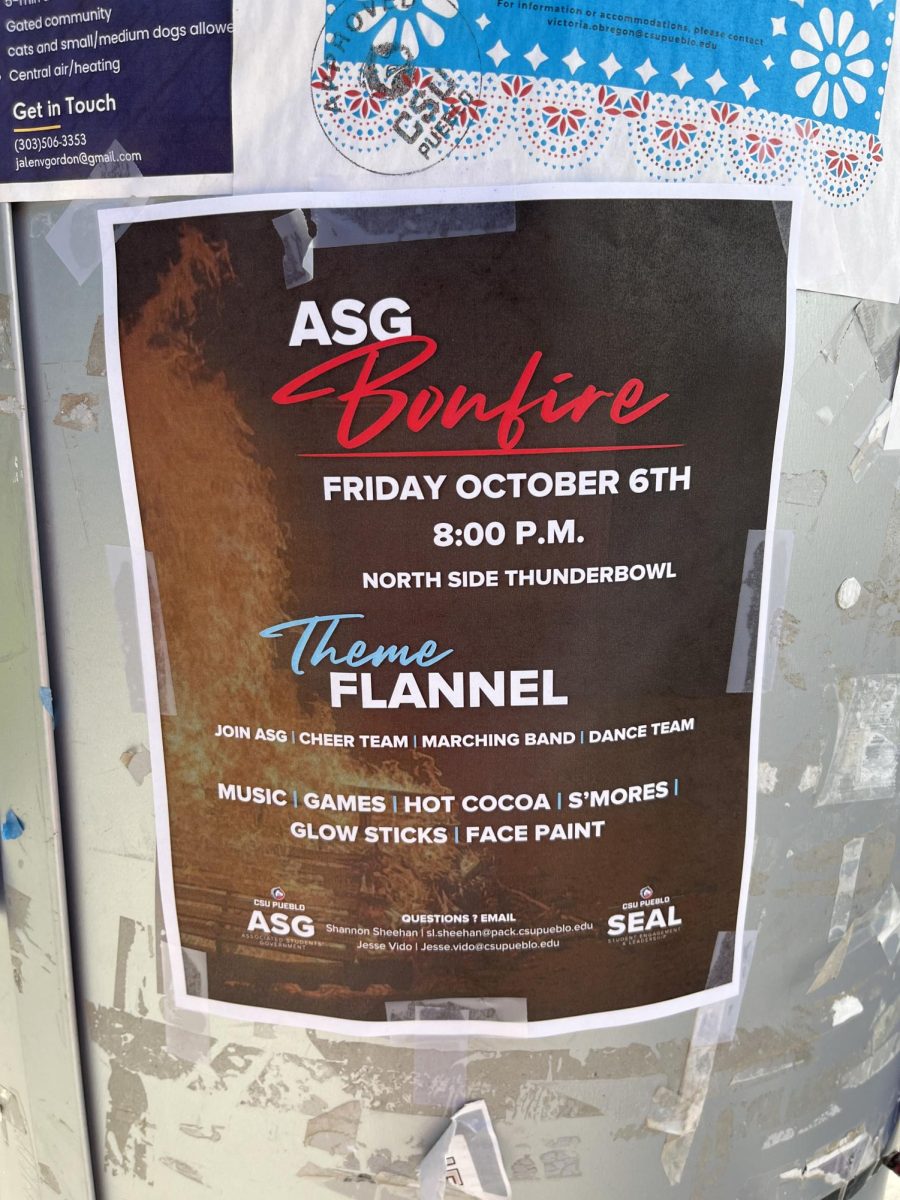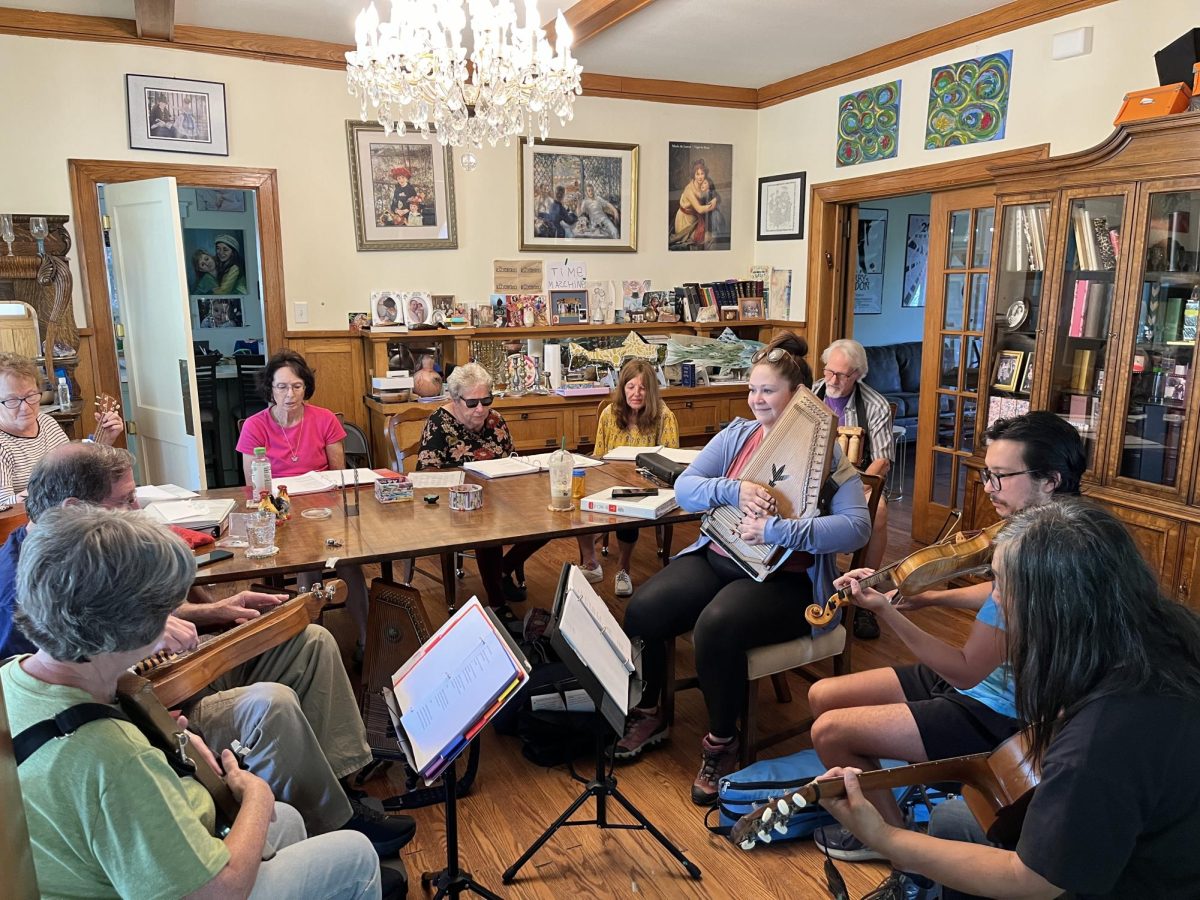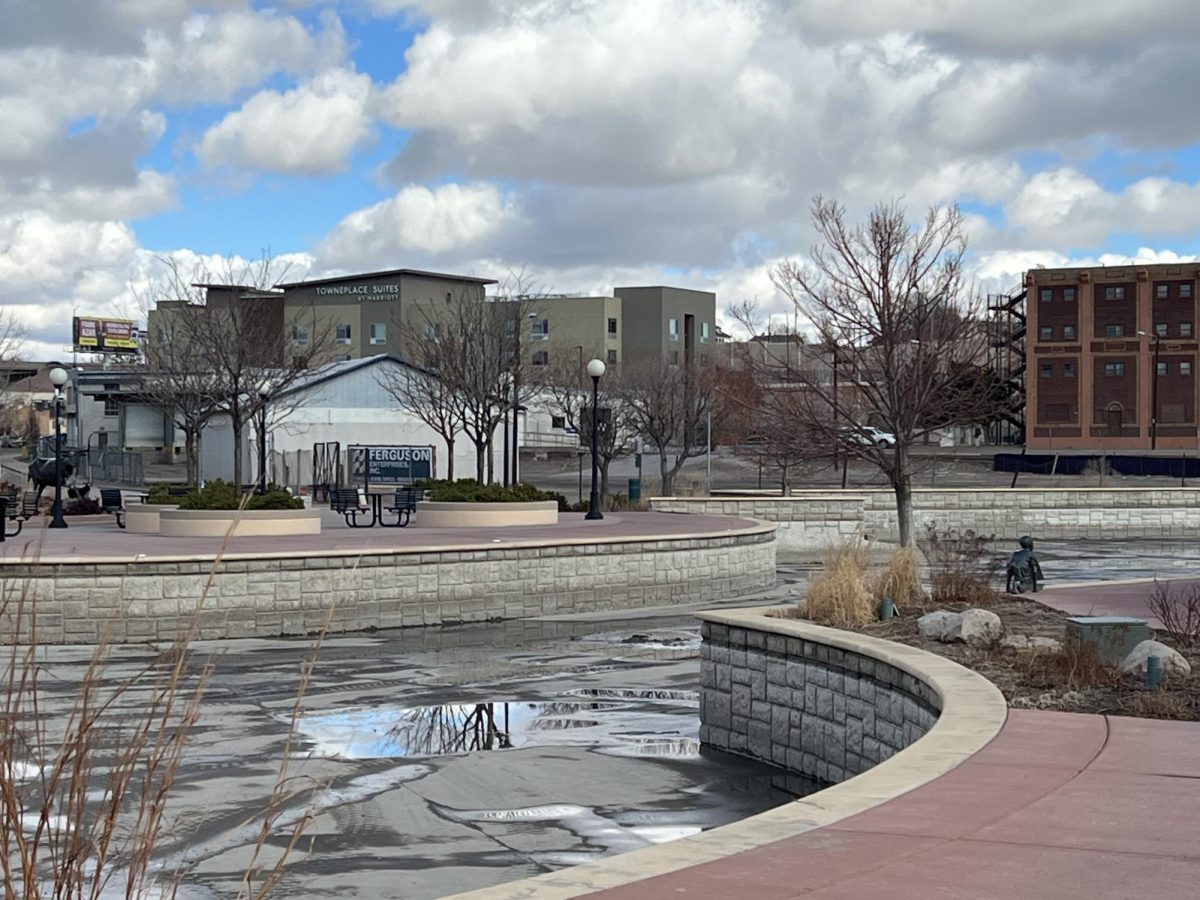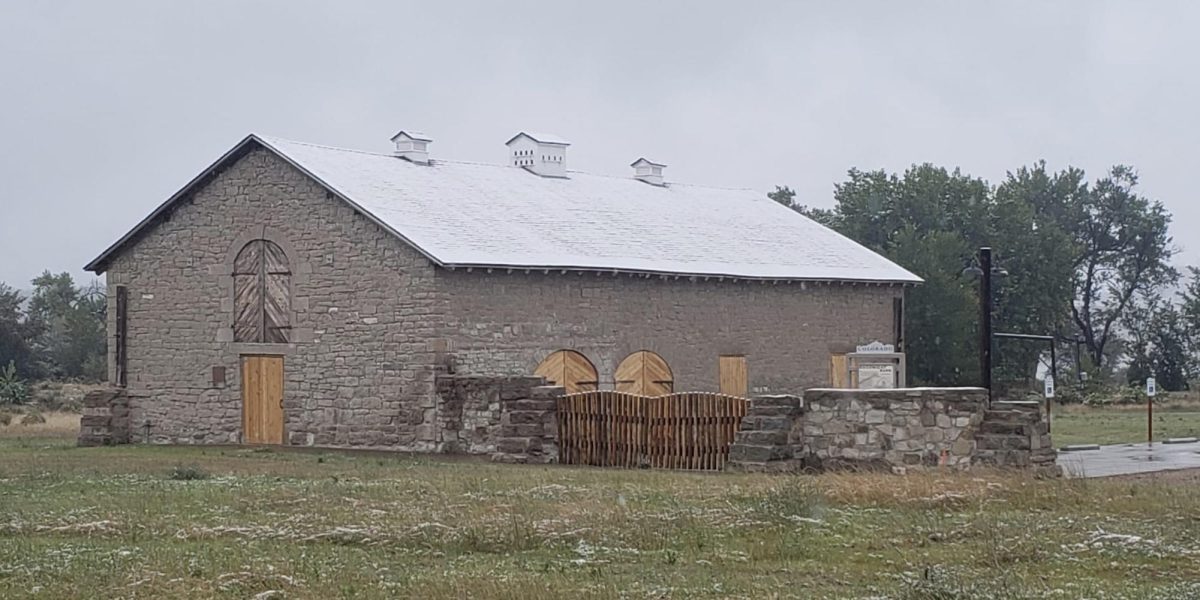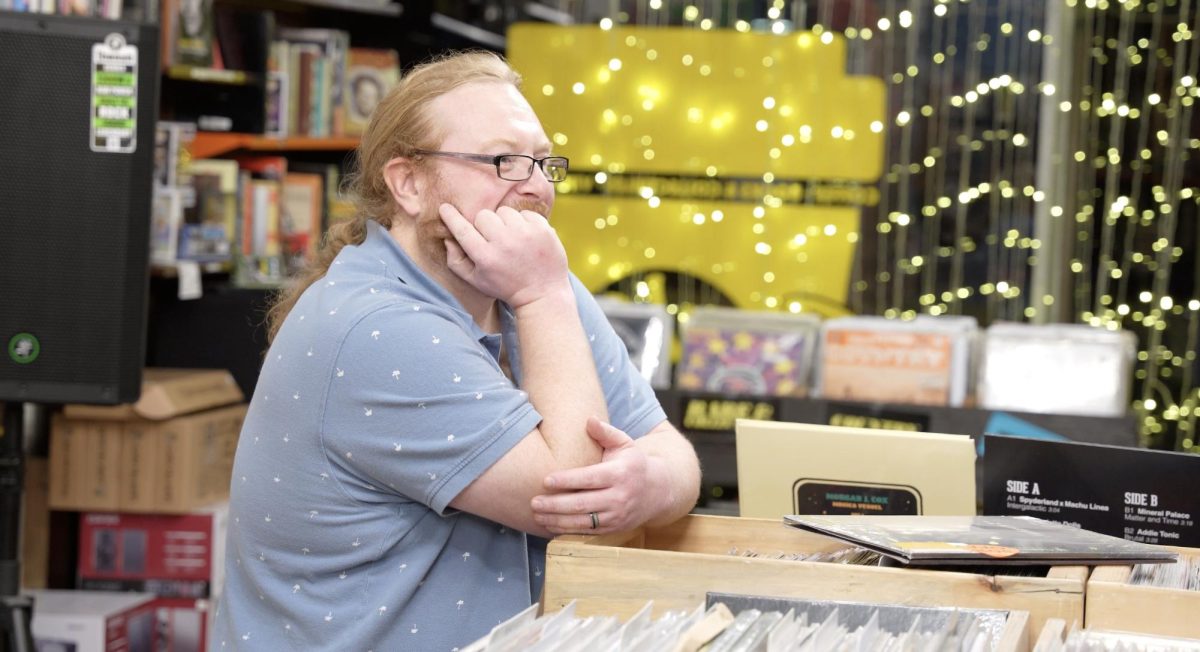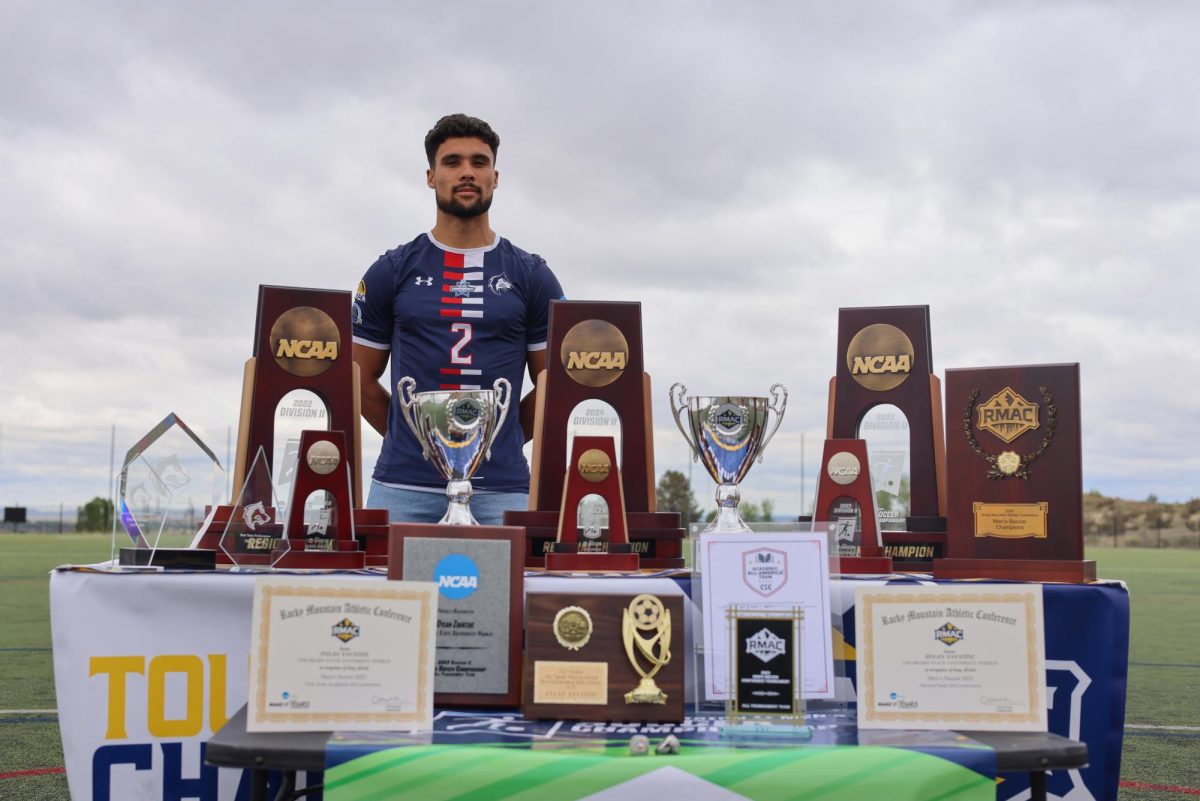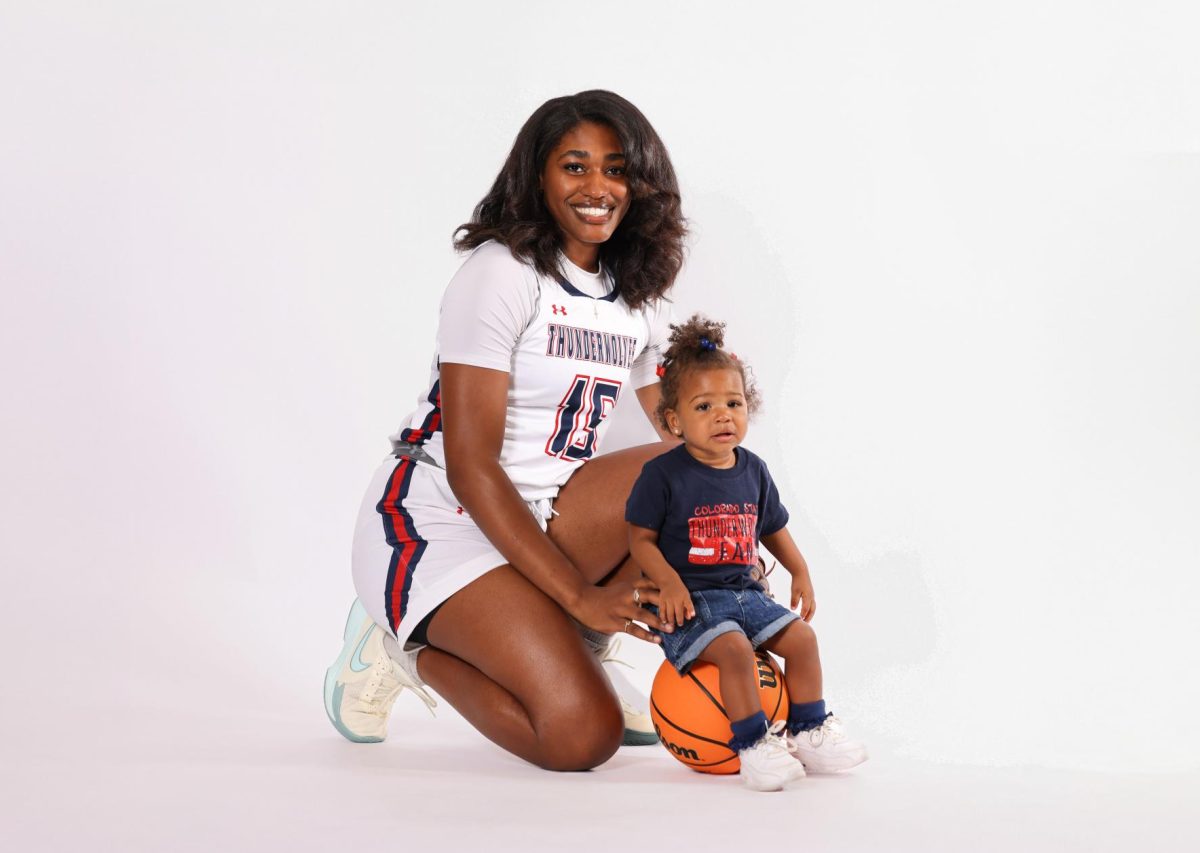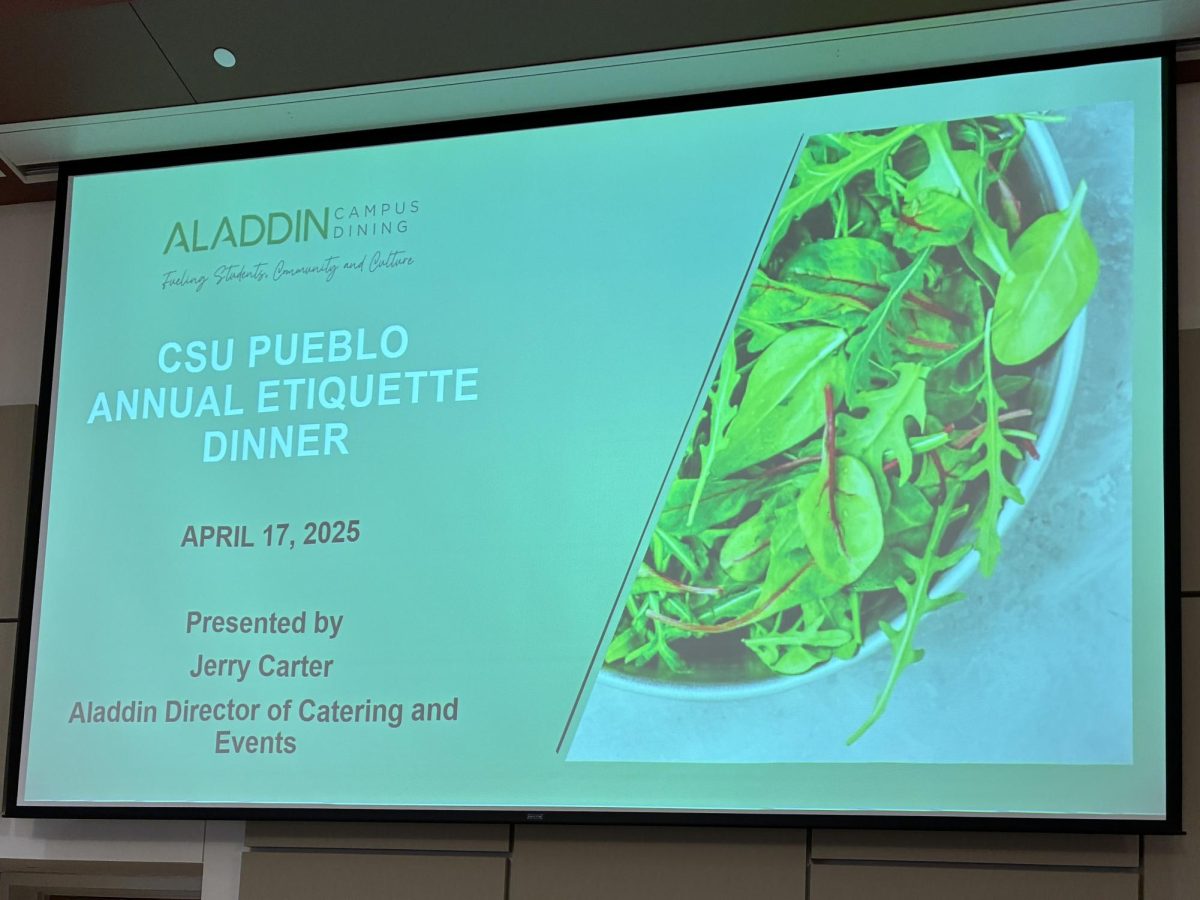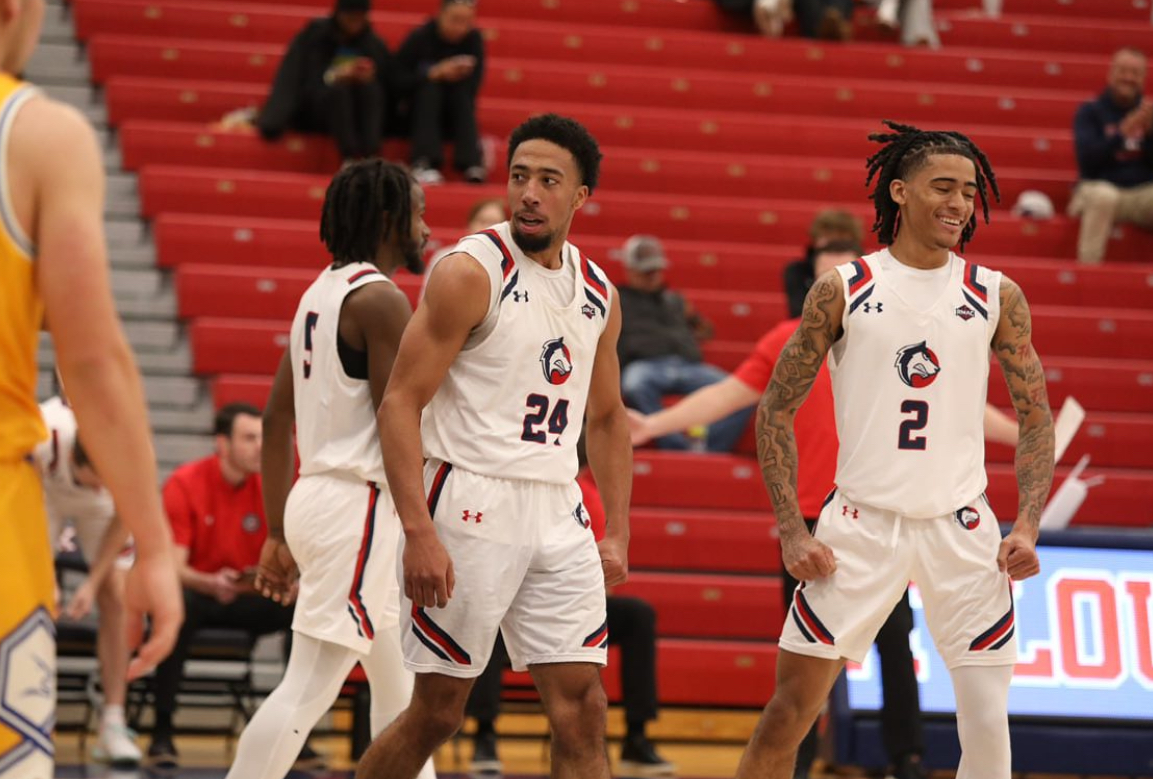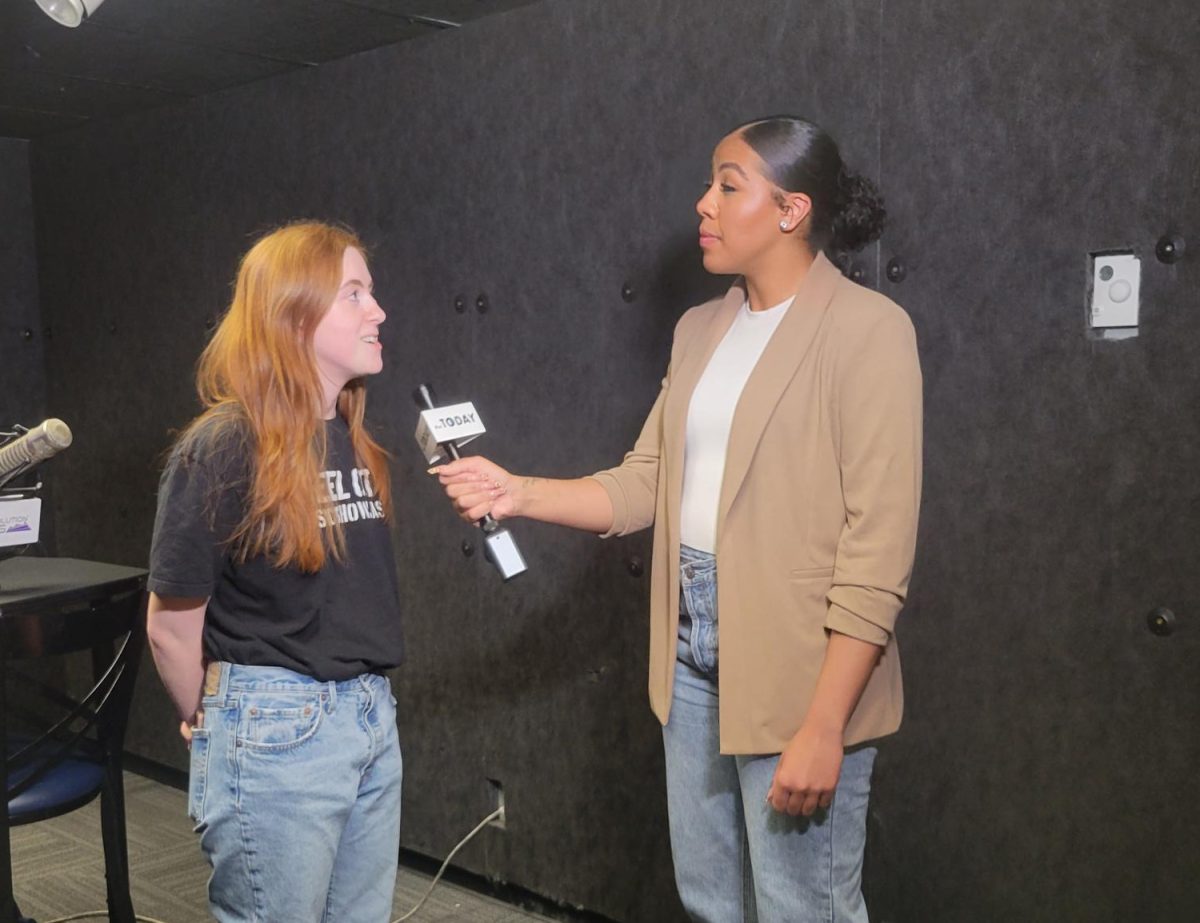By Madison Lira
During the first week of April, CSU Pueblo held its first-ever speaker series for the College of Humanities, Arts, and Social Sciences. Throughout the week, each department of CHASS, along with Student Engagement & Leadership, had alums who graduated within each degree path come and speak for current students about their majors and where they are today with them. Alums of sociology and criminology spoke on April 6 to a few attendees eager to learn where these degrees can take them.
The two featured speakers for this particular panel were Brandon Beauvais, a sergeant on the Pueblo Police Department who graduated from CSU Pueblo with a degree in criminology. As well as Stephen Varela, a Republican representative on the Colorado State Board of Education who just recently ran to represent District 3 in the Colorado State Senate this past November, is also a CSU Pueblo alumni who graduated with a degree in sociology.
The panel was a small Q&A session with the two speakers, with Student Engagement member Garrett Lerch and another member of Student Engagement asking the two about their majors, specifically in terms of their career paths currently. Questions surrounding topics such as what the speaker’s initial goals were when they entered college and if they had changed throughout their time there to what kind of skills they picked up during college that has helped them in the current career they have pursued today.
Beauvais emphasized throughout the panel that from the moment he started college at CSU Pueblo, he knew he wanted to join the police force. After applying to a few different forces ranging from state patrol to local police departments, he found his place within Pueblo’s police force after interning for them. Beauvais also discussed during the panel that he wished he had explored more programs outside of criminology after being wholly within the job.
Beauvais said that “After college, being in work now, knowing all the opportunities I know now in law enforcement and of the Pueblo Police Department, I probably would’ve picked up maybe some different areas of minor work. I never expected myself to be working as a public information officer. Knowing what I know now, I probably would’ve shifted more focus to the media area.” For about seven years of his career with the Pueblo PD, Beauvais had worked on the department’s social media aspect and press releases. He had just learned he would be working within that part of the police department when he got in and thoroughly enjoyed it.
On the other hand, Varela had a more complicated picture of where he wanted his major to take after graduating with his degree. Varela had dropped out of college once before and enlisted in the U.S. Army, where he did two tours in Iraq during Operation Iraqi Freedom. After coming back, he decided to return for his sociology degree. One of the professors who helped him pursue this degree pushed him to further his education by suggesting different fields Varela could enter. After graduating from CSU Pueblo, he pursued a master’s degree in social work in California and is thinking about going back and possibly getting a doctorate in education.
Varela also went in-depth on how his Chicano Studies minor helped him develop into the person he is today. “It has inspired me, with the position I’m in now, to get as many places I can go and talk to as many people and say, ‘you know we should be teaching our students this at a younger age’ right, letting them know in high school. That they shouldn’t have to go to college to take Chicano Studies to know to be proud of who they are and where they can go. So, I would say for me, it has given me a grounding to where I can be proud.”
After a small session letting students and alumni in the crowd ask questions, the event concluded. Lerch stayed back and discussed how the week of speakers had gone so far and what Student Engagement and the CHASS leader panel would hope to change for future speaker events.
“What I would want to change especially is getting the word out before. I think the advertising was great for this event, but we can especially reach out to the various honor societies for each major; we can reach out to different student organizations that would be interested, and I think it’s just a matter of doing more direct outreach to students who could be interested” said Lerch.




